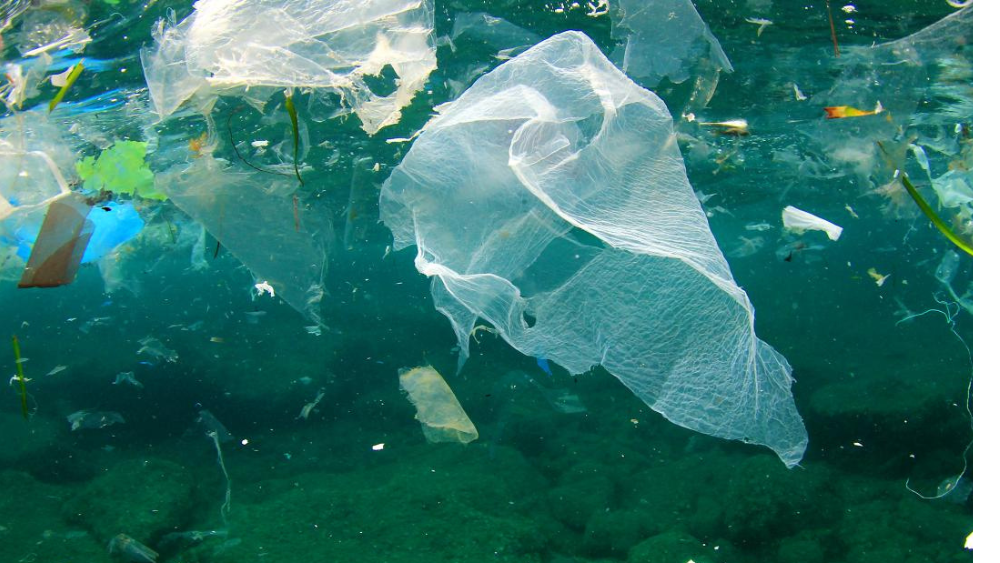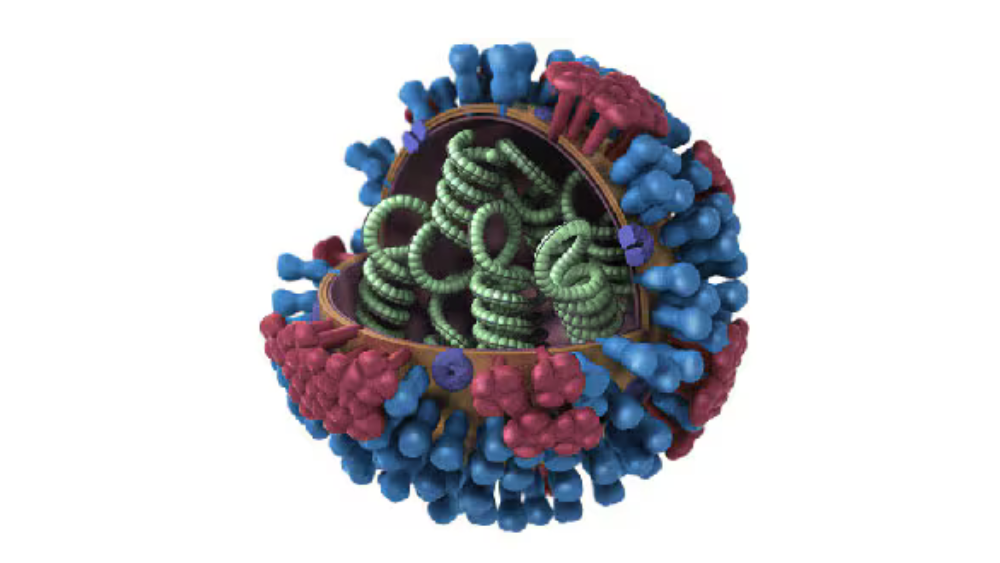
Health effects of plastic packaging for packing food
Questions :
Will the Minister of ENVIRONMENT, FOREST AND CLIMATE CHANGE be pleased to state:
- whether Government is aware that use of plastic packaging for packing food is becoming increasingly prevalent;
- if so, the quantity of plastic packaging that has been used in the last three years, the year-wise details thereof;
- whether Government is of the view that plastic packaging used for packing food is harmful to the environment and human health;
- if so, the steps being taken by Government to prevent or reduce the same; and
- whether Government has launched any awareness campaigns to make the general public aware of its disadvantages, if so, the results thereof?
MINISTER FOR ENVIRONMENT, FOREST AND CLIMATE CHANGE (SHRI BHUPENDER YADAV)
- to (e): A statement is laid on the Table of the
Statement referred to in reply to parts (a) to (e) of Rajya Sabha Starred Question No. 170 to be answered on 16th March, 2023 on “Health effects of plastic packaging for packing food” by Shri Kartikeya Sharma, Hon’ble Members of Parliament.
(a) & (b) As per the Annual Reports of Central Pollution Control Board, the plastic waste generated in the country during the last three years, is given below:
| S. No. | Year | Plastic Waste Generated (TPA) |
| 1 | 2017-18 | 660,787 |
| 2 | 2018-19 | 3,360,043 |
| 3 | 2019-20 | 3,469,780 |
As per the Guidelines on Extended Producer Responsibility for Plastic Packaging notified on 16th February 2022, presently a total of 6186 of Producers, Importers and Brand Owners have been registered on the Centralized Online Extended Producer Responsibility Portal on Plastic Packaging. The registered PIBOs cumulatively have around 2.32 Million Tons of plastic packaging covered under Extended Producer Responsibility for the year 2022-23, which also includes plastic packaging used for packing food.
(c) & (d) The Food Safety and Standards Authority of India lays down science based standards for articles of food and to regulate their manufacture, storage, distribution, sale and import, to ensure availability of safe and wholesome food for human consumption and for matters connected therewith or incidental thereto.
The Food Safety and Standards Authority of India (FSSAI) has notified the Food Safety and Standards (Packaging) Regulations, 2018, which prescribes general and specific requirements for different food packaging materials including plastics. These regulations also specify that paper, glass, metals and plastic materials, if used for packaging food stuffs, shall be manufactured in accordance to GMP and various national/international standards. Further, packaging material of plastic origin, is required to pass the prescribed overall migration limits and specific migration limits.
Following regulatory measures have been taken by FSSAI to enable Food and Beverage industry to reduce their plastic foot print:-(i) issued guidelines for use of bamboo as food contact material;(ii) allowed serving drinking water in paper-sealed reusable glass bottles for captive use within the hotel premises subject to certain conditions;(iii) removed the restriction on use of returnable bottles for packaging of artificially sweetened beverages;(iv) permitted the use of liquid nitrogen dosing in PET bottles during the packaging of drinking water;(v) permitted the use of other food grade packaging materials for packaging of drinking water other than plastics that are used currently;(vi) promoted bio degradable packaging as part of Eat Right India initiative and encouraged Food Business to reduce use of plastics.
The EPR guidelines on plastic packaging mandate the reuse of rigid plastic packaging, subject to the regulations as prescribed by Food Safety and Standards Authority of India for food contact applications. The EPR guidelines also promote sustainable plastic packaging thus reducing the plastic foot print.
Further, to develop alternatives to banned single use plastics the Ministry of Environment, Forest and Climate Change organized, “India Plastic Challenge – Hackathon 2021” for start- ups and students of colleges and Universities. Two startups which developed alternative packaging material were awarded. One start up developed a completely biodegradable alternative to thermocol from paddy straw waste. The other startup developed packaging material using seaweeds.
(e) The Union Government through various central ministries and government agencies hasbeen involved in generating public awareness on plastic wastemanagement and elimination of single-use plastics. The Ministry of Environment,Forest and Climate Change had launched Prakriti – Mascot on 5th April 2022. Three videos of PRAKRITI have been made on elimination of single use plastics. These videos have been translated in 19 languages and have been shared with States and UTs for further dissemination.A dedicated webpage with all awareness material has been created for making available all information materials and videos for wider dissemination and use by stakeholders.An E-Pledge campaign on Swachh Bharat Harit Bharat Green Pledge was organized on My Gov Platform for generating public movement amongst citizens. A one month long pan India awareness campaign was organized from 1st July 2022 along with States and Union Territories. A National Expo on eco-alternatives to banned single use plastics items and Conference of Startups – 2022 were organized jointly with Government of Tamil Nadu in Chennai on 26-27th September 2022.More than 150 manufacturers of eco-alternatives from across the country are participating in the Expo. The Eco-alternatives were made from coir, bagasse, rice and wheat bran, plant and agricultural residue, banana and areca leaves, jute and cloth.




